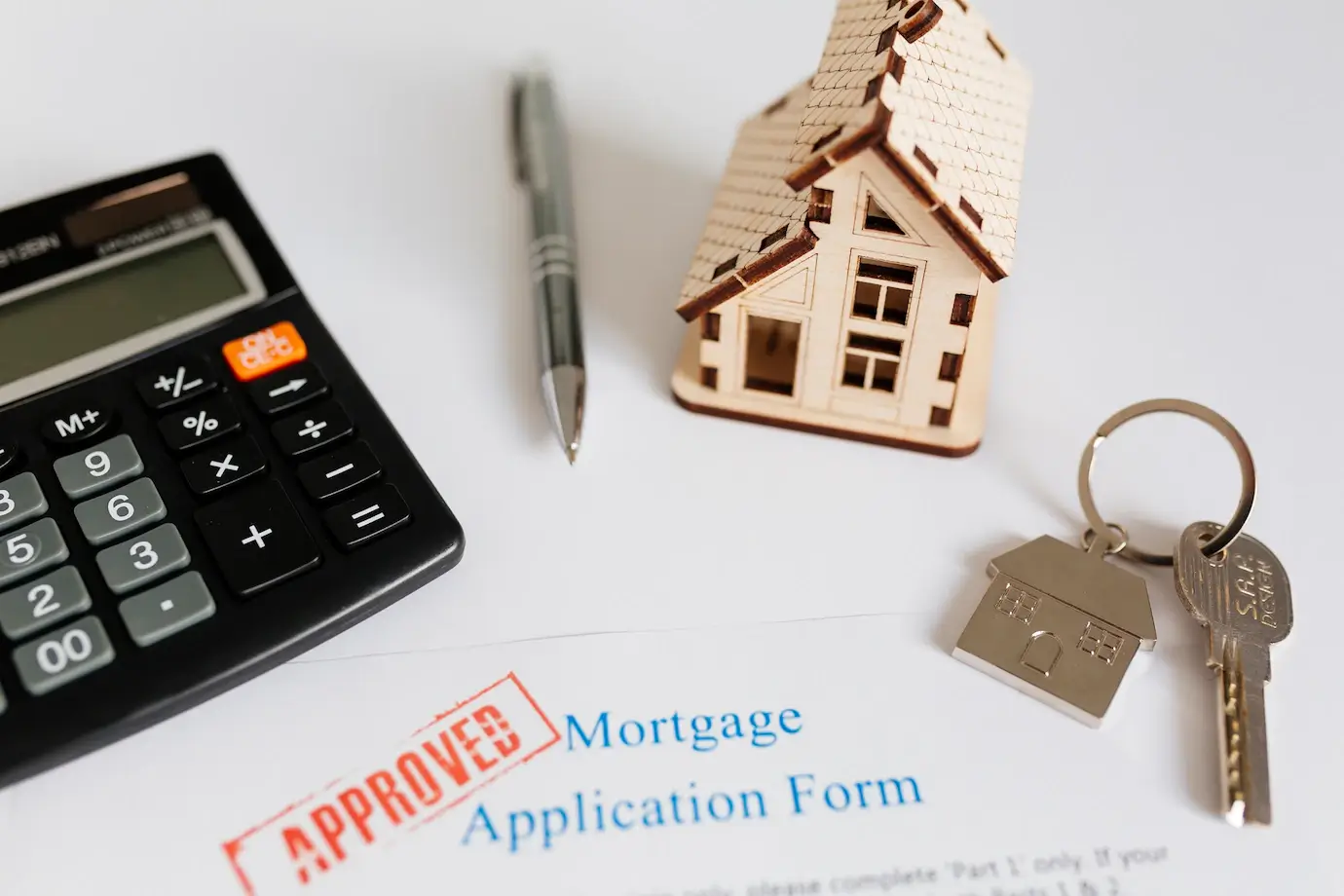Are you planning to become a homeowner or planning to take a mortgage.? If so, You need to pay for homeowners’ insurance to protect the property when buying a home.
You will also pay another insurance coverage that protects the lender who helps you purchase your home. This type of insurance cover is called private mortgage insurance, shortly referred to as PMI.
This article will answer some of the questions which you always ask yourself. Please continue reading to find out more about all the PMI requirements, the Price of PMI insurance, and how it’s calculated, among other things.
What is PMI?
Private mortgage insurance is a type of insurance required by conventional mortgage lenders when the down payment is less than 20 percent of the home’s purchase price. It protects the lender against losses if you default on your loan payment.
Unlike other types of insurance, the policy protects only the lender’s investment in the home and not the person purchasing the insurance.
However, PMI does allow prospective buyers to become homeowners sooner, even if they can’t afford to pay the 20percent down payment.
For individuals who decide to put down less than 20 percent, PMI provides them with the possibility of getting financing.
But this comes with some additional monthly costs. Borrowers must continue paying their PMI until they accumulate enough equity in the home that the lender trusts them and no longer considers them high-risk.
Mortgage Insurance vs. Homeowners Insurance
While these two things may seem similar, they work very differently. Mortgage insurance protects the lender, while homeowners’ insurance can protect both your home and the lender’s investment.
Mortgage insurance pays the lender if you stop making payments on your loan.
Homeowners insurance pays to replace or repair your home if it gets damaged during a robbery, fire, or other events described in the policy. Your lender will likely ask you to have homeowners’ insurance, meaning you may have to pay for both procedures.
What are the PMI Requirements?
It’s safe to say that most lenders need private mortgage insurance for loans with a down payment of under 20 percent. Most times, the rules usually are set by conventional mortgage investors. But, it is good to note. Also, these rules are not applied all the time.
You can get PMI because not all lenders require you to deposit in every scenario.
How much is PMI Insurance?
The cost of PMI often depends on several factors, such as the premium plan you chose, credit score, and the down payment.
But generally, it ranges from 0.5 – 1% of your original loan amount per year. This additional cost is on top of the interest payment you make on your mortgage.
How is PMI Calculated?
Just like other types of insurance, PMI rates can change daily, so the calculations can also differ from time to time. However, an approximation calculation is also done to determine how much you may be paying.
For example, if you bought a home worth $200,000, you would be paying somewhere between $1,000 – $2,000 each year in mortgage insurance.
This cost needs to be broken down into monthly installments to make it convenient and more affordable. Your lender may also consider other factors when determining how much PMI you’ll be paying as part of your mortgage payment.
How do I Pay for PMI?
There are many ways to pay for PMI. Some lenders offer you more than one option, while others stick to just one payment plan. Before agreeing to any mortgage, ask lenders what choices they offer and see if they match your needs.
The most common way that people pay for PMI is via a monthly premium. This premium will be added to your regular mortgage payment. Sometimes, others pay PMI using an up-front premium, a one-time fee paid at closing. Other times, the cost is for both monthly up-front premiums.
How to Avoid Paying PMI Altogether
First, you must make a 20% down payment on your conventional loan. Your loan-to-value ratio will automatically reach 80%, which means you can pay your loans without mortgage insurance.
Get yourself a VA loan. These are the only types of loans that don’t need mortgage insurance regardless of the down payment you make.
Also, making significant improvements that add value to your home can have the mortgage insurance removed.
The Bottom Line
Private mortgage insurance can be expensive, but it enables borrowers to become homeowners sooner by offering opportunities to people with small down payments.
Suppose you want to become a homeowner soon. Paying mortgage insurance premiums for lifestyle or affordability reasons may be worthwhile.

